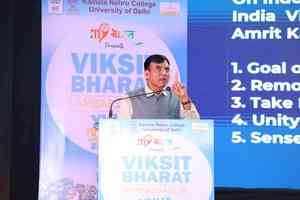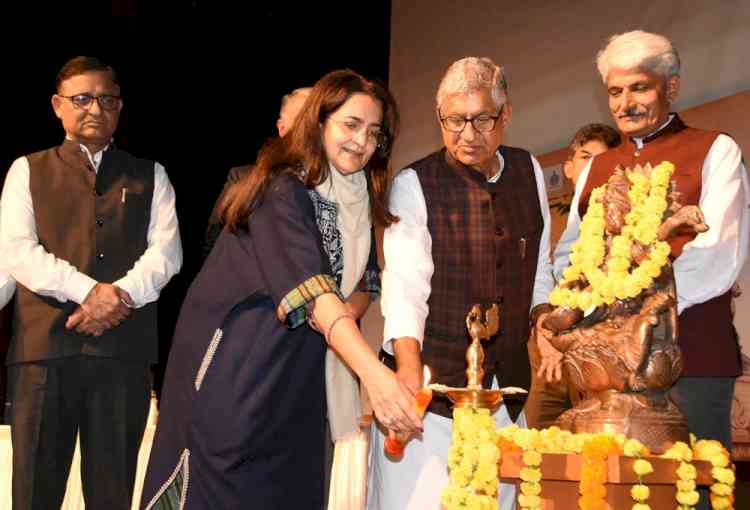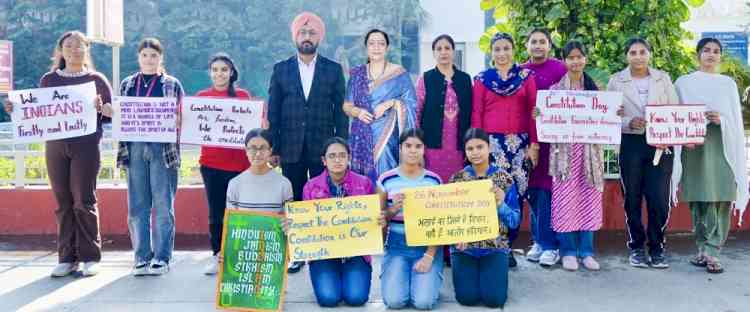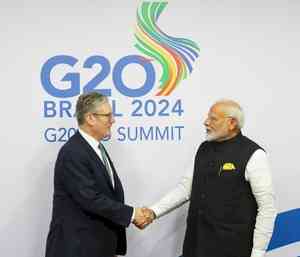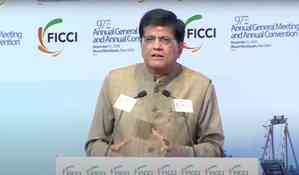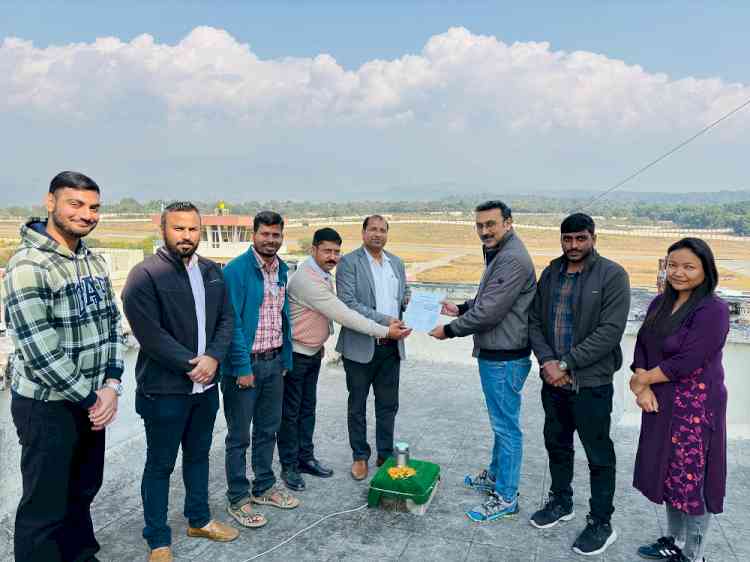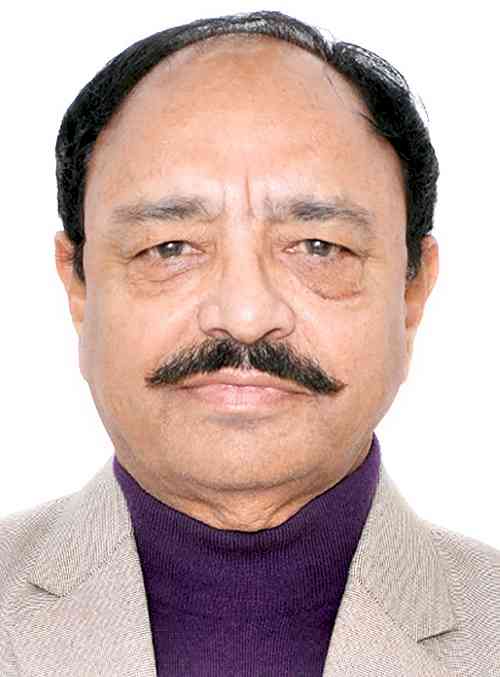Special lecture on Politics of the Marginalised:Various Contours
The Department of Political Science, Panjab University organized a special lecture on Politics of the Marginalised:Various Contours by Dr. Badri Narayan, Director and Professor, G B Pant Social Science Institute, Allahabad.
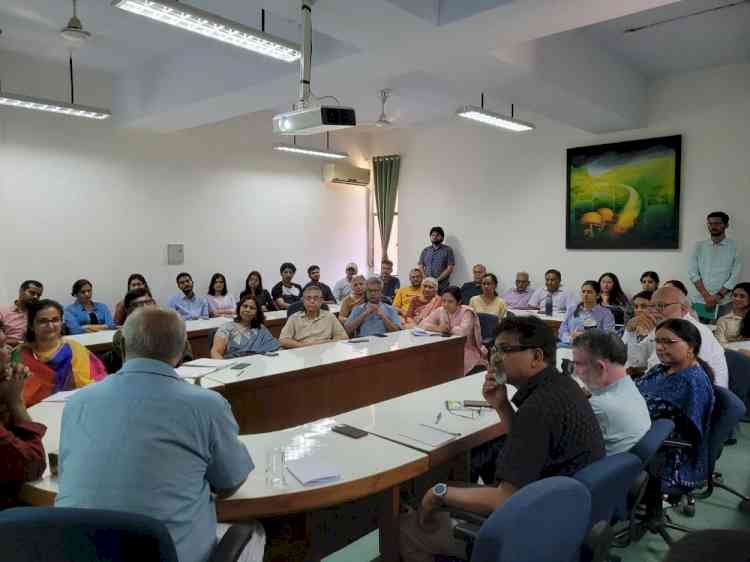
Chandigarh, May 14, 2024: The Department of Political Science, Panjab University organized a special lecture on Politics of the Marginalised:Various Contours by Dr. Badri Narayan, Director and Professor, G B Pant Social Science Institute, Allahabad. He is currently holding the prestigious Ambedkar Chair, Department of Political Science at Panjab University. The lecture was chaired by Dr. Bhupinder Brar, Professor Emeritus at the Department. The chairperson Prof Pampa Mukherjee welcomed the speaker and the audience which included academics from different institutions in the city.
In his lecture Prof Badri Narayan talked about politics of dominance and politics of democracy While his lecture anchored around marginals- the invisible among Dalits, he pointed out that this marginality is not fixed and at times those who are the centre can also become marginal. Margins can emerge everywhere and even within the community which have to be identified, addressed and resolved. He argued that invisibility is a product of social process. He added that there are numbers of factors to get visibility of a community like numerical strength, education, caste history and existence of a political class within the community/community leaders
He also argued that there is a multiple disconnect between the state and community which pushes invisible community to the periphery. State and the community speak a different language and only community leaders can bridge this disconnect. Based on his extensive field in different parts of the country, Badri Narayan pointed out that marginal politics have mostly been understood from an elitist lens. He narrated that how religion can be empowering and therefore important for marginal communities. For instance temple is not only a religious space but also a community space. Religion in that sense is a space of both recognition and participation. Lastly he discussed how in the neo-liberal world, identity has been diluted.


 City Air News
City Air News 
